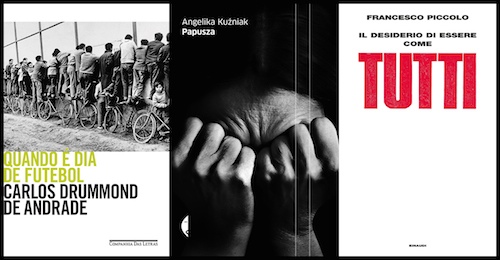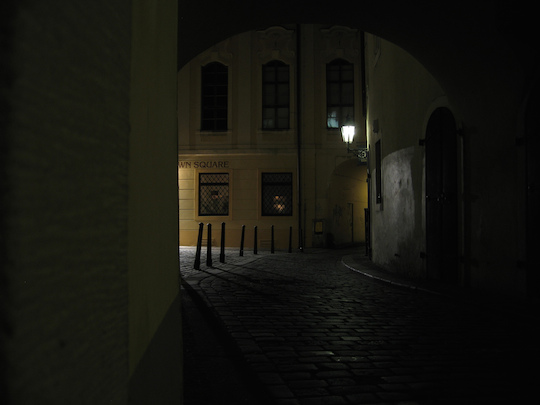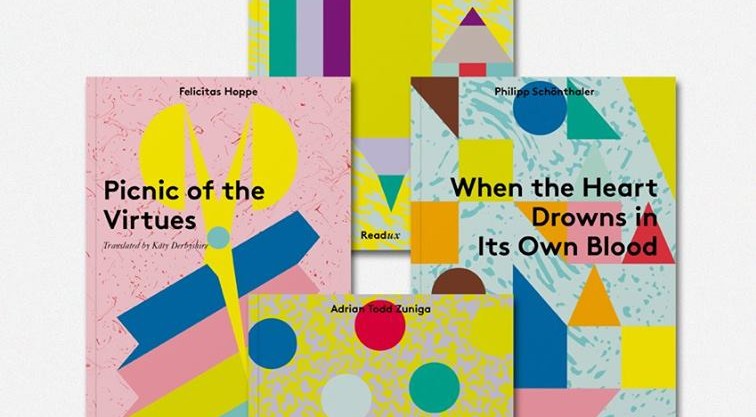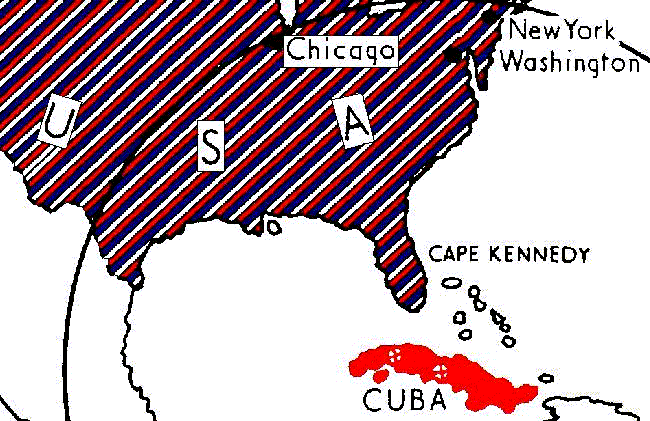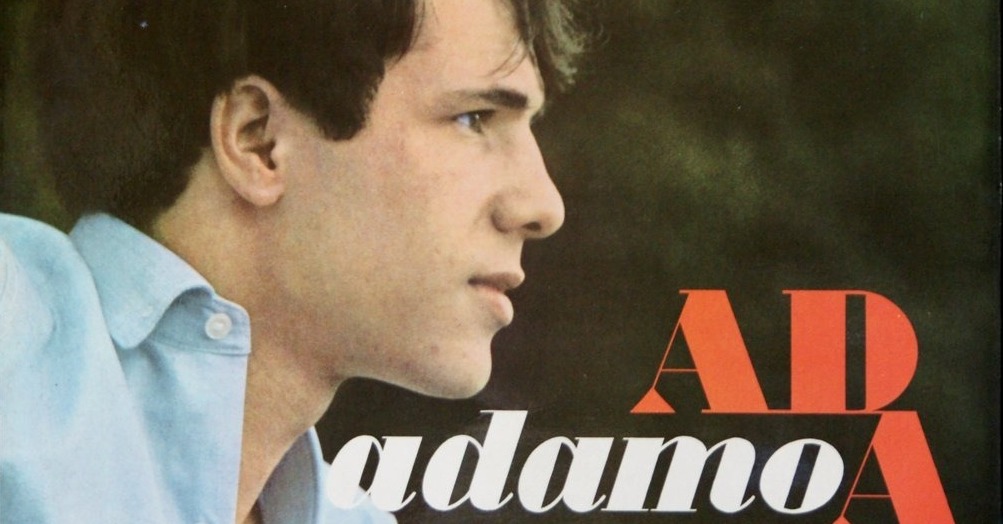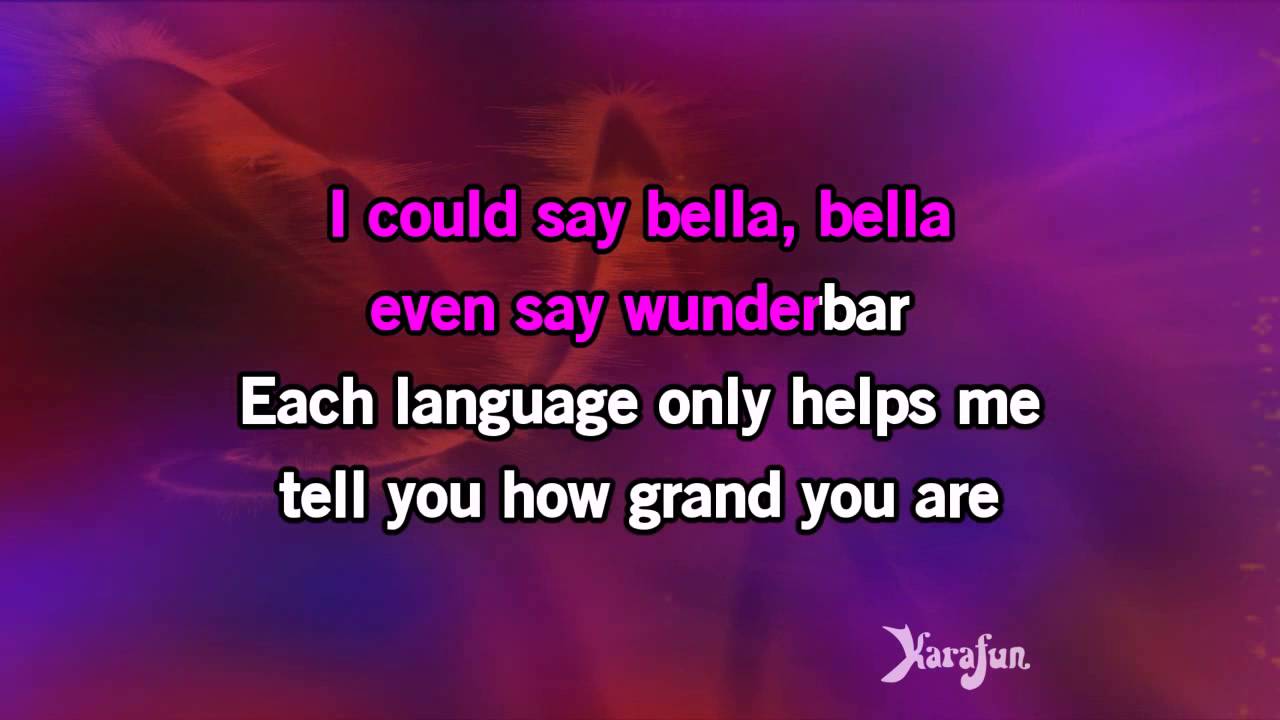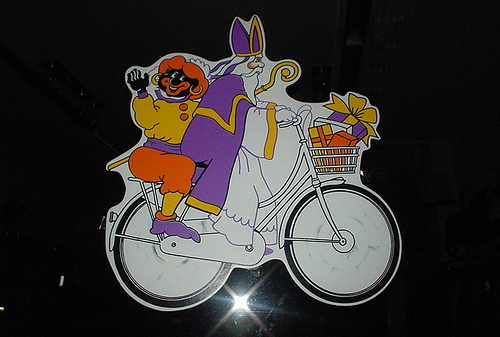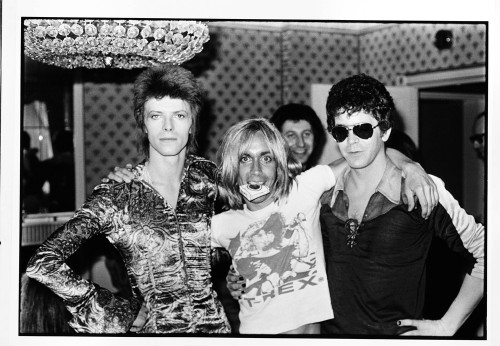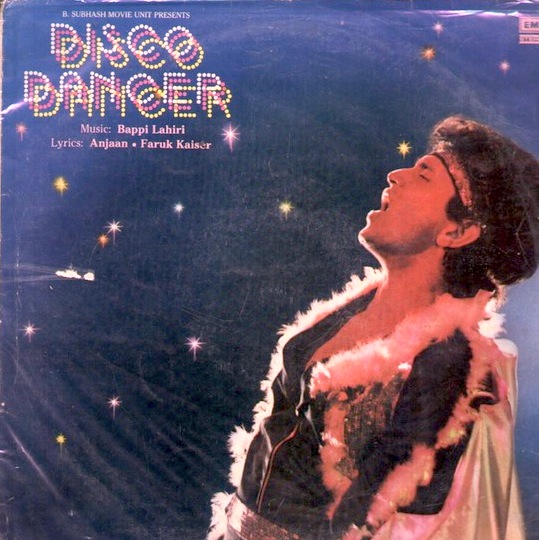Today we present a haunting extract from a newly translated novel by critically acclaimed Dutch writer, columnist, and journalist Hanna Bervoets. Stranded in a school building after a catastrophic event leaves the outside world uninhabitable, a TV crew and the subjects of their documentary struggle to survive in Bervoets’s post-apocalyptic universe. From the scattered diary pages of the crew’s researcher, we learn the troubling story of everything there was, and the little there was left.
We haven’t turned on the computers in a long time. The last time we turned them off again, there still wasn’t any internet. Until then we still opened the browsers every day. Though perhaps that was just habit, like in the old situation, tearing a page off my calendar every morning, even though I already knew full well what day of the week it was, or what date. But the more often you do something, the stranger it is not to do it. So I can’t say whether we still believed the internet would come back. Just that we kept hoping it would.
It is perhaps hard for you to imagine how important the internet once was. I also find it hard to imagine. Perhaps it really wasn’t all that important.
But I think it was.


